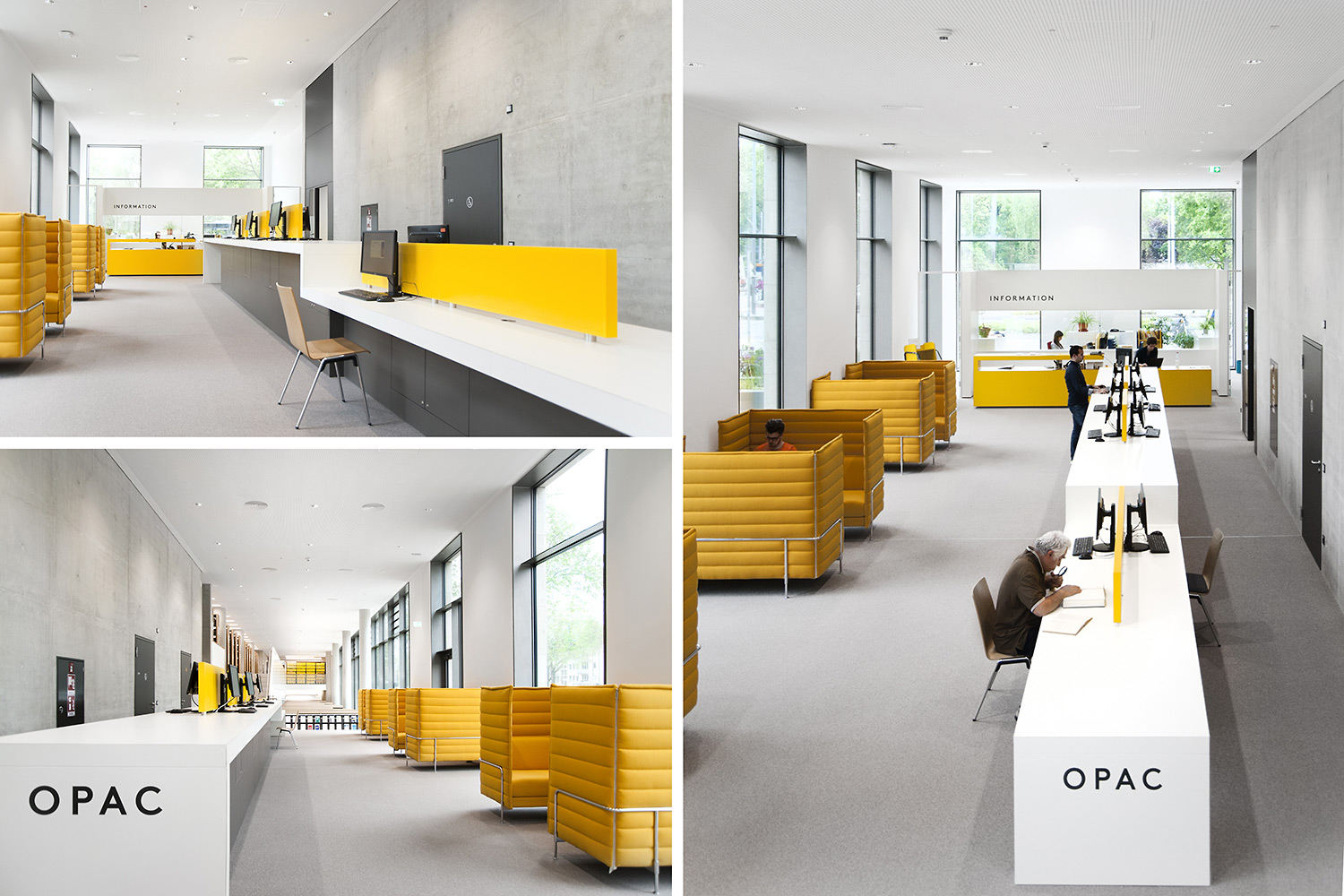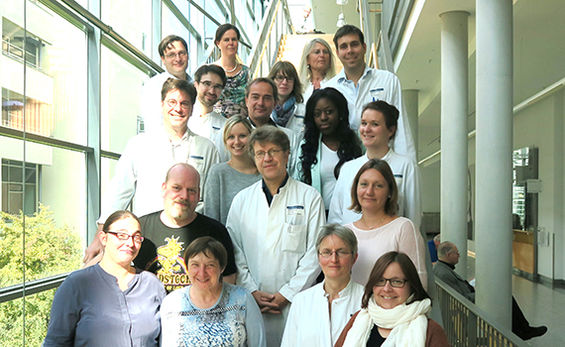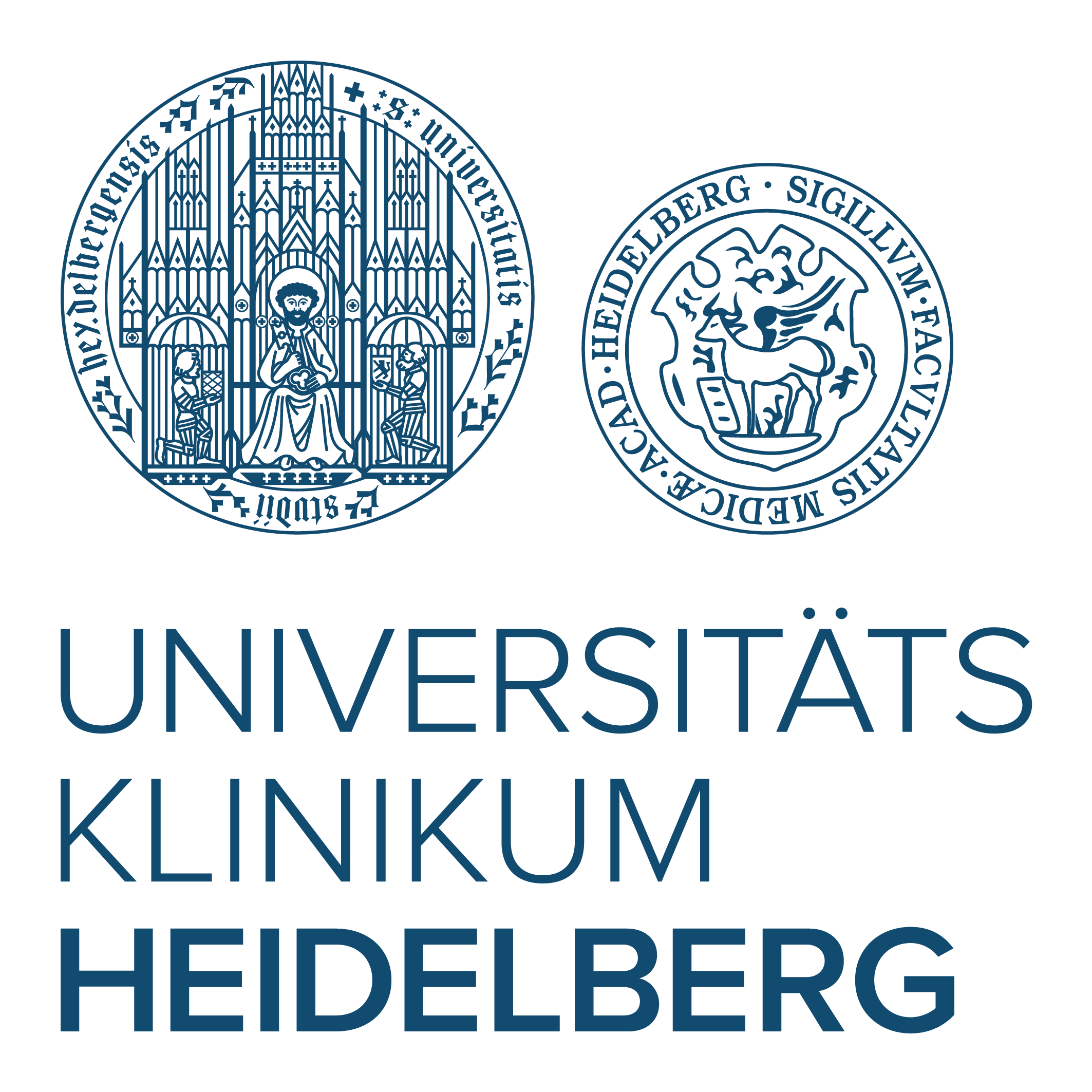
Despite these problems, the approach allows the comparison of data privacy and supports the development of a data integration process for international harmonisation. However, the current coding system has the limitation that heterogeneity between the agreements leads to a fine granularity of categories that hamper the comparability between partners. By using an incremental design, it is possible to adapt the coding system to include additional partners. The qualitative content analysis was found a suitable approach for this purpose because it enables the detection of fine characteristics. Undertaking an overview of privacy conditions can be a valuable step in comparing privacy and security requirements in different national regulations. The German agreement, for example, names the whole institution as partner, whereas the Danish agreement differentiates in personal roles, each with own responsibilities. Characteristics in the agreements require a fine granularity of sub-categories. Initially, the agreements from the partners of Denmark and Germany were used. The Gliese Postdoctoral Fellowship provides a competitive stipend and a generous research budget for up to three. The coding system was continuously adapted during full-text analysis. The Gliese Postdoctoral Fellowship Program of the Zentrum fr Astronomie der Universitt Heidelberg (ZAH) is named in honor of Wilhelm Gliese (1915 - 1993) and his pioneering astrometric studies of stars in the solar neighborhood.

The top-levels divide in up to four different levels of detail.

They include, inter alia, aspects on data access, -preparation, -transmission, and -usage. The initial coding scheme contains eight categories on top-level.
#Uni heidelberg programme maxqda software
The software MAXQDA was used for tagging relevant text passages. Compliance between privacy conditions and the agreements was estimated using a nominal scale, whether the context was available in the agreement or not. The agreements were examined for textual elements and systematically coded by three reviewers. The aspects are based on privacy conditions mentioned in guidance documents, the agreements themselves and the project’s proposal. To understand the variety of requirements and limitations in different countries, we performed a qualitative content analysis of the agreements.Ī categorisation system for privacy and data protection aspects was developed. one of the partners does not allow the transfer of data that contain a personal identifier. This will result in different aggregation levels for data integration, e. Therefore, data usage agreements must be consented with all partners and being subjected to specific regulations in the respective nation.

The data will be stored in a in a central repository using AnalytiXagility which adheres to strict privacy and security standards. The multi-country-EU project ADVOCATE (Added Value for Oral Care) involves the analysis of routinely collected oral health care records from health insurance systems in six European countries, including NHS England and NHS Scotland.


 0 kommentar(er)
0 kommentar(er)
